Environment, Development and Health
The environment, development and health cluster focuses on the ways that human societies are transforming the natural world, and the ways that biophysical changes, political environments, and social inequality together impact human health and well-being. Research in health geography is generally more focused in Canada, including both Indigenous and settler communities, and examines a range of topics including: environmental hazards, risk perceptions, inequalities, air pollution, processes of environmental dispossession, and relations between urban form and children’s health and quality of life. Environmental justice is a prominent theme in the development-oriented research in the cluster, both in Indigenous and settler communities in Canada, as well as in a range of international settings. This involves work on agriculture and food systems, energy systems and resource extraction, environmental repossession, Indigenous knowledge, and water management – all of which increasingly interrelate to climate change at some level.
Faculty members in the EDH cluster employ a range of methodologies and approaches, and have collaborative links with the physical geography, urban studies and Geographical Information Science clusters within the department. They also have active connections to researchers in other departments and faculties across the university and at other universities inside and outside of Canada, and several members work closely with government, private sector, communities and non-profit organizations.
Find Faculty Supervisors in this Area:
Godwin Arku
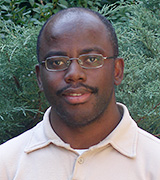
|
Associate Professor |
519-661-2111, x. 85343 Room 2427, SSC |
|
Research Areas Teaching |
|
Jamie Baxter
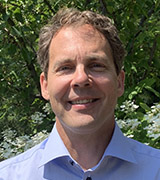
|
Professor |
519-661-2111, x. 81241 Room 1407, SSC |
|
Research Areas Teaching |
|
Michael Buzzelli

|
Associate Professor |
519-661-2111, x. 85329 Room 2429, SSC |
|
Research Areas Teaching |
|
Jason Gilliland
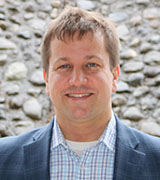
|
Professor |
519-661-2111, x. 81239 Room 2432, SSC |
|
Research Areas Teaching |
|
Carol Hunsberger
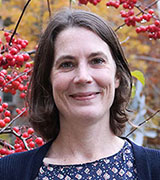
|
Associate Professor |
519-661-2111, x. 85020 Room 2409, SSC |
|
Research Areas Teaching |
|
Isaac Luginaah
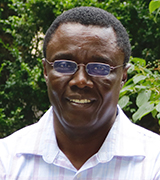
|
Professor |
519-661-2111, x. 86944 Room 1409, SSC |
|
Research Areas Teaching |
|
Katrina Moser
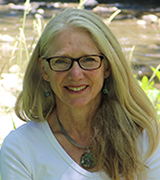
|
Associate Professor |
519-661-2111, x. 80115 Room 2407, SSC |
|
Research Areas Teaching |
|
Chantelle Richmond
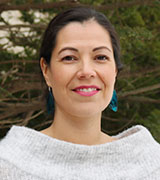
|
On sabbatical July 1, 2022-June 30, 2023 |
519-661-2111, x. 85324 Room 2433, SSC |
|
Research Areas Teaching |
|
Dan Shrubsole
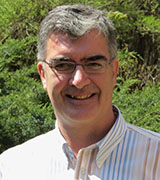
|
Professor |
519-661-2111, x. 83126 Room 9438, SSC |
|
Research Areas Teaching |
|
Roza Tchoukaleyska
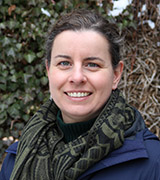
|
Assistant Professor |
519-661-2111, x. 85030 Room 2413, SSC |
|
Research Areas Teaching |
|
Tony Weis
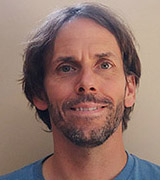
|
Associate Professor |
519-661-2111, x. 87472 Room 1403, SSC |
|
Research Areas Teaching |
|
Lewis Williams
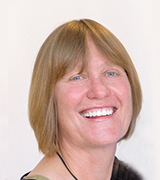
|
Associate Professor |
519-661-2111, x. TBD Room TBD, SSC |
|
Research Areas Teaching |
|

